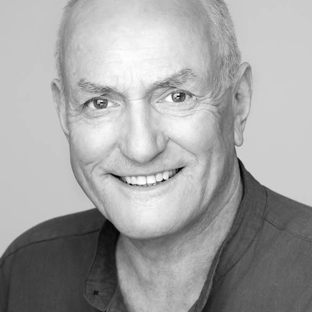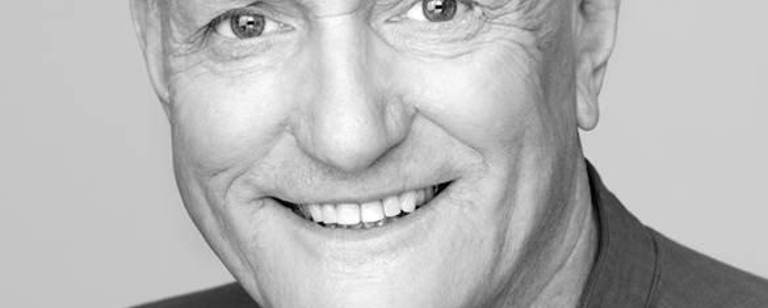Following the tsunami and ensuing nuclear disaster at Fukushima last year, former diplomat and ambassador Richard Broinowski travelled to the irradiated zone, to look at all aspects of nuclear power in Japan.
Today, he examines the human side of the tsunami and its aftermath, as well as the political and economic realities behind Japanese nuclear power. What is Australia’s role as Japan’s greatest supplier of uranium, and how have the events at Fukushima impacted on other countries’ nuclear aspirations?
–
Sometimes there’s nothing better than a good rant. Every Thursday, the Wheeler Centre hosts an old-fashioned Speakers’ Corner in the middle of the city, where writers and thinkers can have their say on the topics that won’t let them sleep at night.
Featuring some of our most compelling voices across just about every sector of human endeavour you can imagine, the themes dominating Lunchbox/Soapbox are proudly idiosyncratic. BYO lunch. Ideas provided.
Featuring

Richard Broinowski
Richard Broinowski served as third secretary in the Australian Embassy, Tokyo in the 1960s, and was later executive director of the Japan Secretariat, a research group in the Department of Foreign Affairs in the 1980s. Other postings were at Australian embassies in Rangoon,Tehran and Manila.
Richard was Australian ambassador to Vietnam (1983–85), South Korea (1987–89) and to Mexico, the Central American Republics and Cuba (1994–97). His other books include A Witness to History: The Life and Times of Robert Broinowski (MUP 2000), Fact or Fission: The Truth about Australia’s Nuclear Ambitions (Scribe 2003), and Driven: A Diplomatic Autobiography (ABC/HarperCollins 2009).
Richard was born in Melbourne and educated both there and in Adelaide. He has a bachelor’s degree in law from Adelaide University and a master’s degree in public administration from the John Fitzgerald Kennedy School at Harvard.
